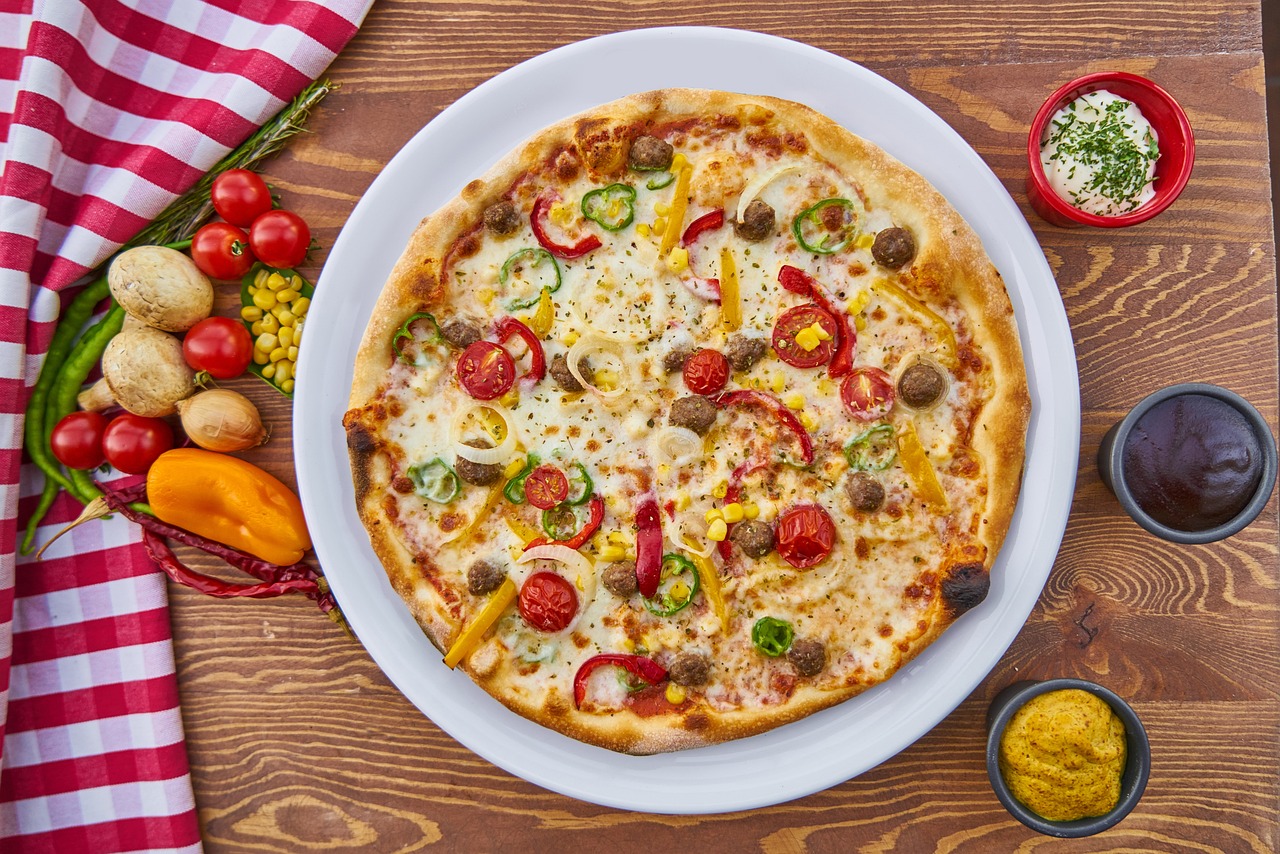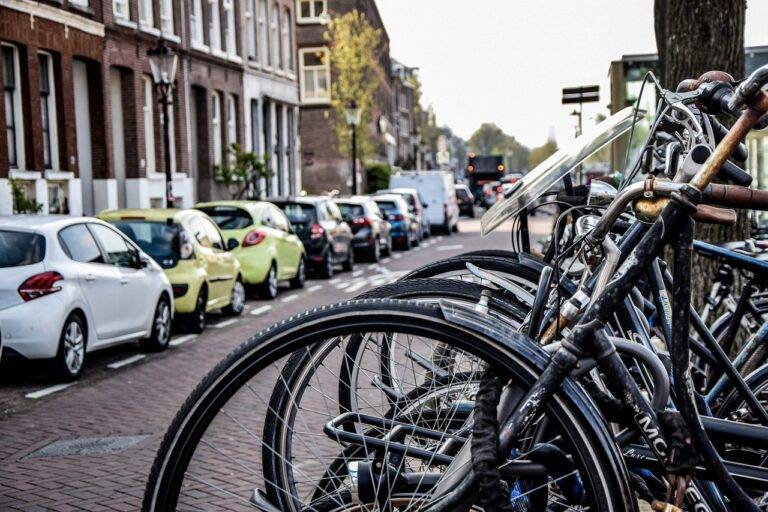The Impact of Social Media on Self-Esteem and Body Image
Social media platforms have revolutionized the way we connect and engage with one another. With the click of a button, users are able to share their thoughts, pictures, and experiences with a global audience. The rise of platforms like Facebook, Instagram, Twitter, and Snapchat has transformed the way we communicate, breaking down geographical barriers and allowing people to interact in real-time.
These platforms offer a variety of features such as messaging, live streaming, and story-sharing options, making it easier for individuals to stay connected and informed. The instant nature of social media allows users to stay up to date with current events, trends, and the lives of their friends and favorite influencers.
Comparison Culture and Unrealistic Standards
In today’s digital age, social media has become a breeding ground for comparison culture and the perpetuation of unrealistic standards. With just a few swipes, users are exposed to carefully curated snapshots of others’ lives, often showcasing the highlights and glossing over the challenges. This continuous stream of idealized images and lifestyles can lead individuals to compare themselves and their own circumstances, fostering feelings of inadequacy and self-doubt.
The prevalence of filters and editing tools on social media further exacerbates this issue, creating an environment where authenticity takes a backseat to perfection. Users can effortlessly enhance their photos, smooth out imperfections, and manipulate reality to fit into the narrow constraints of society’s beauty standards. This normalization of altered images blurs the lines between reality and fiction, making it difficult for individuals to discern what is real and what is meticulously crafted for online consumption.
Effects of Filters and Editing Tools
Social media platforms offer an array of filters and editing tools that allow users to enhance and transform their photos. These tools can significantly alter an image, portraying an unrealistic standard of beauty and lifestyle. By smoothing out imperfections, whitening teeth, or adding flattering lighting effects, these tools contribute to a culture of perfection where individuals may feel pressured to present an idealized version of themselves online.
The prevalence of filters and editing tools has also been linked to the perpetuation of comparison culture. Seeing edited images of others can lead individuals to compare themselves negatively, striving to achieve an unattainable level of perfection. This constant exposure to meticulously curated online personas can heighten feelings of inadequacy and lower self-esteem, as individuals measure themselves against unattainable beauty standards and flawless lifestyles portrayed on social media.





